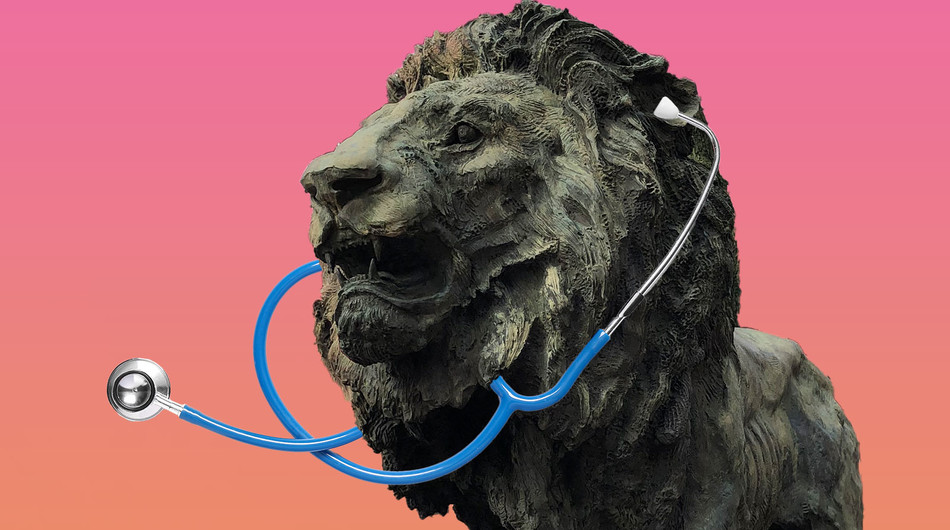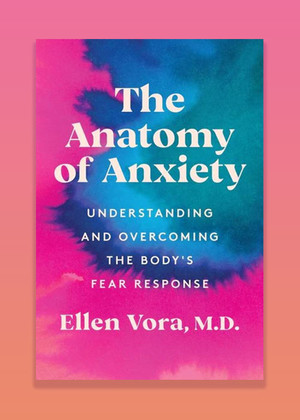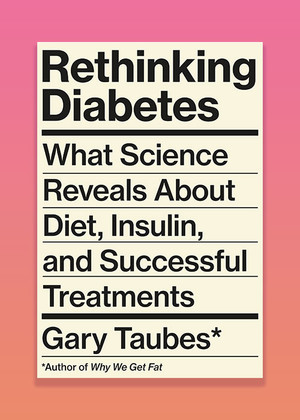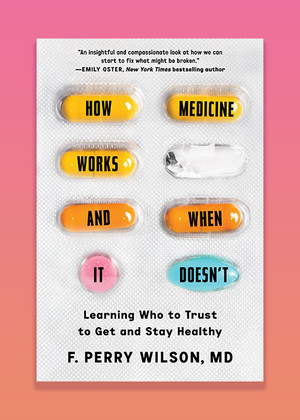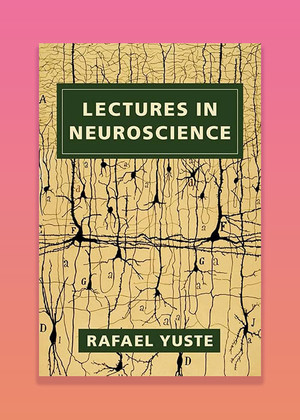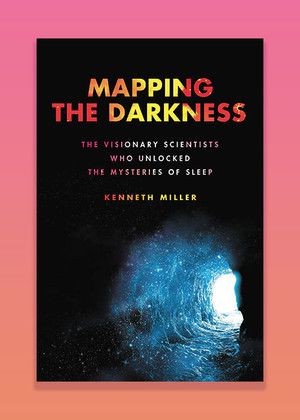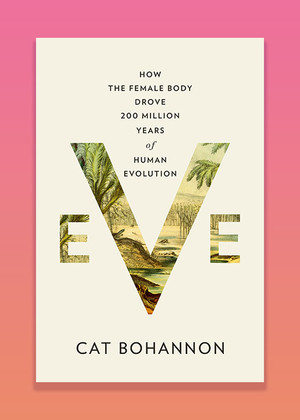Whether you’re looking to take control of a chronic illness, make the most of your doctor–patient relationship, or get better sleep, Columbians have a book for it. These six recent titles, all by Columbia faculty or alumni, will help you live a healthier life.
The Anatomy of Anxiety
By Ellen Vora ’08VPS
Anxiety can be a crippling condition, with symptoms that impact the entire body — sleeplessness, brain fog, and stomach pain, to name just a few. In her new book, holistic psychiatrist Ellen Vora argues that while these symptoms are sometimes the result of true anxiety, they may also be responses to more innocuous sources of stress, such as diet or prolonged exposure to technology. She claims that addressing this body-based (as opposed to brain-based) “false” anxiety is not difficult. Once it’s addressed, if any symptoms remain, it is easier to get to the root of the true anxiety causing them. Since most doctors only treat the “above-the-neck” causes of anxiety, Vora’s whole-body approach to mental health feels fresh and innovative.
Rethinking Diabetes
By Gary Taubes ’81JRN
There have been radical swings over the last two hundred years in the ways that diabetes — both types 1 and 2 — has been treated. Since the introduction of insulin, many diabetic patients have not been forced to adhere to a special diet. But as our eating habits have declined as a society, diabetes cases have skyrocketed. In his new book, journalist and best-selling author Gary Taubes argues that sticking to a low-carb, high-fat diet and reducing reliance on insulin could have numerous health benefits for diabetic patients and could help curb the worldwide diabetes epidemic.
How Medicine Works and When It Doesn’t
By F. Perry Wilson ’06VPS
Over the last several years, public confidence in the medical field has eroded dangerously, contributing to public-health crises, such as the mass mistrust of the COVID-19 vaccine. Yale medical professor and nephrologist F. Perry Wilson believes that transparency can help. His new book strives to illuminate how medical progress happens, in the belief that understanding that process will help patients regain trust in their caregivers. It’s a hopeful book and a helpful primer for anyone looking to make the most out of their relationships with their physicians.
Lectures in Neuroscience
By Rafael Yuste
The brain is one of the most complex and confounding parts of the human body. Neurological discoveries are often inaccessible to laypeople. But in his new book, Columbia neuroscientist and biology professor Rafael Yuste gives a surprisingly readable introduction to this fascinating topic — giving insight into our sensory and motor systems and helping us understand the neurobiological basis of our perceptions, thoughts, emotions, memories, and consciousness.
Mapping the Darkness
By Kenneth Miller ’83JRN
We spend about a third of our lives sleeping. But until the early part of the twentieth century, almost nothing was known about the subconscious state. In his riveting new book, journalist Kenneth Miller charts the path of four researchers — including pioneering scientist Nathaniel Kleitman — who cracked open the field of sleep science, revealing how vital sleep is to health as a whole. While Miller’s focus is on the journey of discovery, there’s plenty to learn from this book about sleep itself — why it’s so important, how to prioritize it, and when to know when something’s not right.
Eve
By Cat Bohannon ’09SOA, ’22GSAS
As long as scientists have been studying the human body, argues essayist and researcher Cat Bohannon in her groundbreaking new book, they have been studying the male body. Except for research focused specifically on female body parts, medical science has always skewed toward the “male norm” — using the male body as the default test subject. But, Bohannon argues, women often have different responses to disease, to drugs, and to pain, especially during pregnancy. According to Bohannon, understanding evolution from a women’s perspective could alter women’s health care completely.
